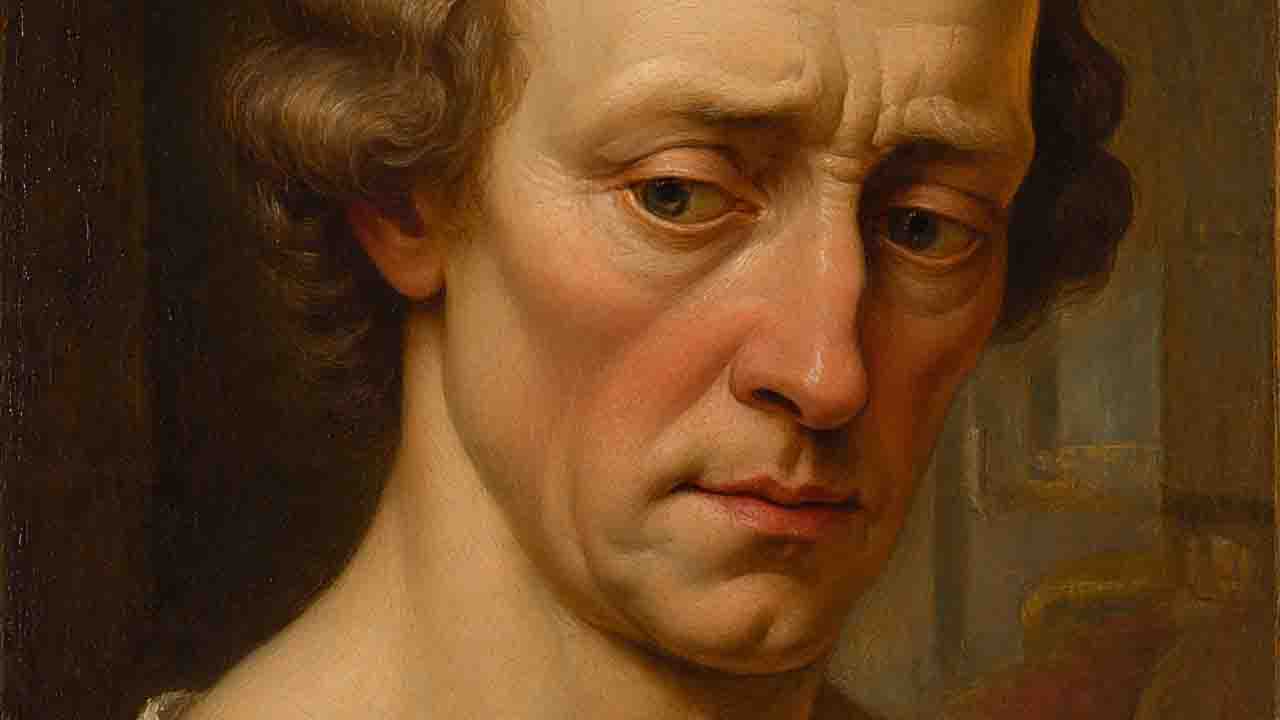
Upstartcrowthecomedy – Study Says Thomas Nashe may be the true author of the infamous “upstart crow” insult long associated with Robert Greene. For centuries, scholars have credited Greene, a rival playwright of Shakespeare, with penning the cutting remark that dismissed the Bard as an ambitious but unoriginal writer. However, researchers from the University of Leeds, the University of Sussex, and Durham University now argue that the words may instead belong to Thomas Nashe, Greene’s known collaborator. Their findings, published in the prestigious journal Shakespeare Quarterly, rely on computational analysis and textual comparison, marking a significant development in literary history.
The study used advanced digital tools to compare stylistic patterns, vocabulary, and linguistic tendencies across the works of both Greene and Nashe. According to the team, the language in the “upstart crow” passage aligns more closely with Nashe’s style, suggesting that Greene may not have been the sole or even the primary author of the insult. Study Says Thomas Nashe provides a fresh angle on a long-standing debate, challenging traditional attributions and reshaping the narrative of Shakespeare’s early reputation among his peers.
“TechRadar Unveils 70+ Best AI Tools for Writers in 2025”
The idea that Shakespeare’s famous insult came from Thomas Nashe reframes how historians and readers understand the competitive world of Elizabethan theater. Greene has long been depicted as Shakespeare’s bitter critic. His “upstart crow” line often cited as evidence of envy toward the rising playwright. But Study Says Thomas Nashe suggests that the insult may have reflected a more collaborative context. Where Greene and Nashe were working together, and the remark emerged from a shared project rather than a single voice.
This new perspective does not absolve Greene of hostility toward Shakespeare. But it does add nuance to the relationship between writers of the period. If Nashe authored or co-authored the insult, then the famous attack may represent a broader sentiment among established playwrights. Wary of Shakespeare’s rapid ascent from actor to literary force.
The revelation carries broader implications for Shakespearean scholarship. Attribution studies have always been central to understanding the canon. And this latest research demonstrates how computational methods can uncover hidden layers of authorship. By identifying Thomas Nashe as the likely author. The study encourages scholars to re-examine not just the insult but also the collaborative culture of Elizabethan writing.
Study Says Thomas Nashe challenges centuries of assumption and opens the door for renewed debate about the dynamics of rivalry, collaboration, and literary identity in Shakespeare’s time. It also underscores how modern technology can breathe new life into old questions. Proving that even one of history’s most scrutinized writers still has secrets waiting to be revealed.
“Moynat x Labubu: Playful Luxury Collaboration Arrives Next Month”
This report draws on information from a Durham University news release published on 20 June 2025.
Writer By: Sarah Azhari | Editor By: Randa Saragi
This website uses cookies.